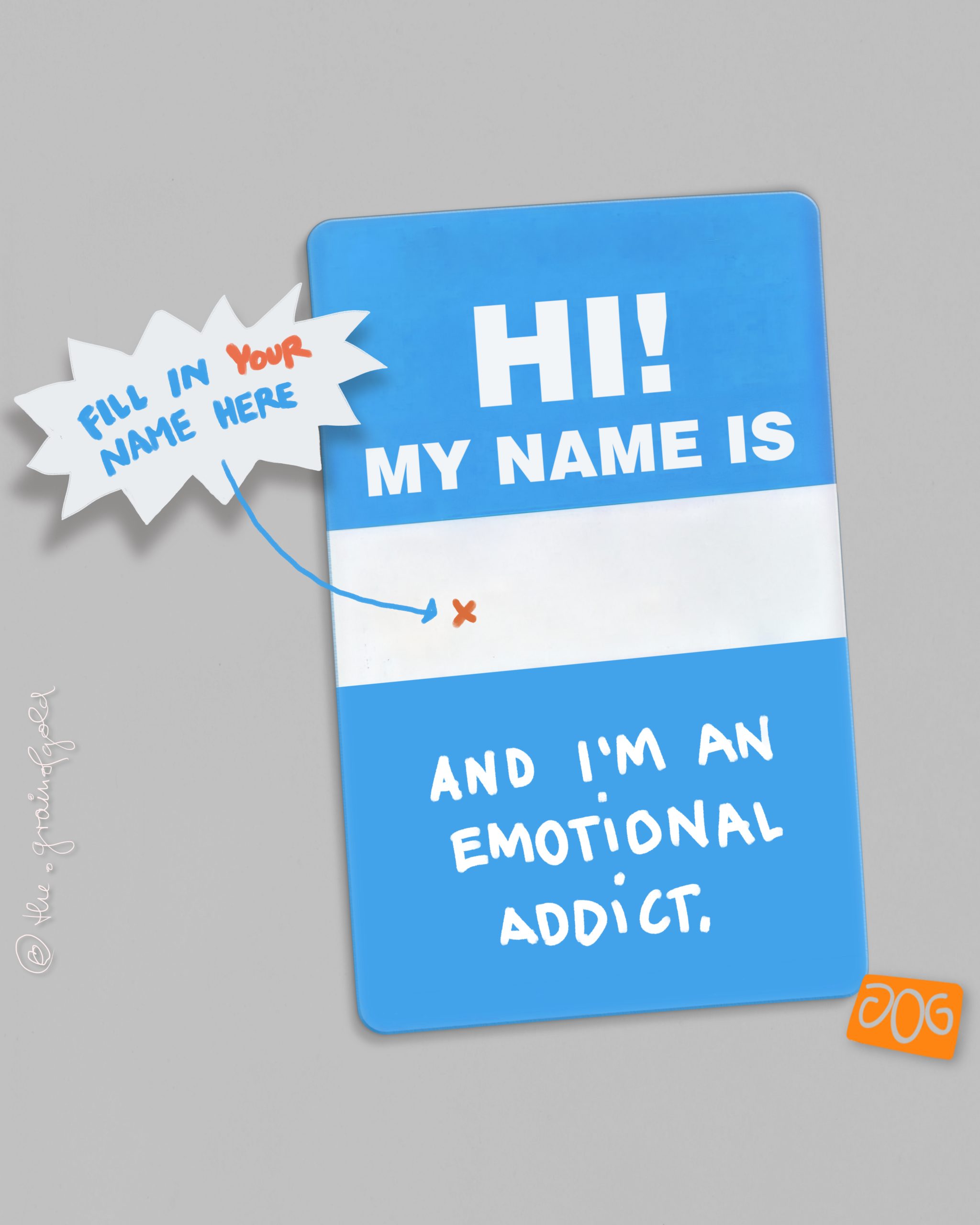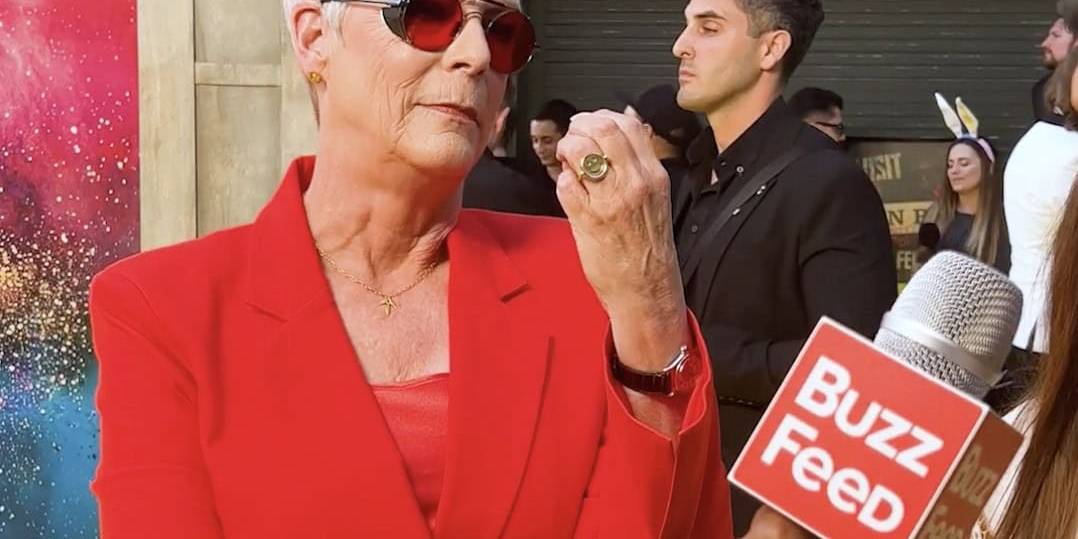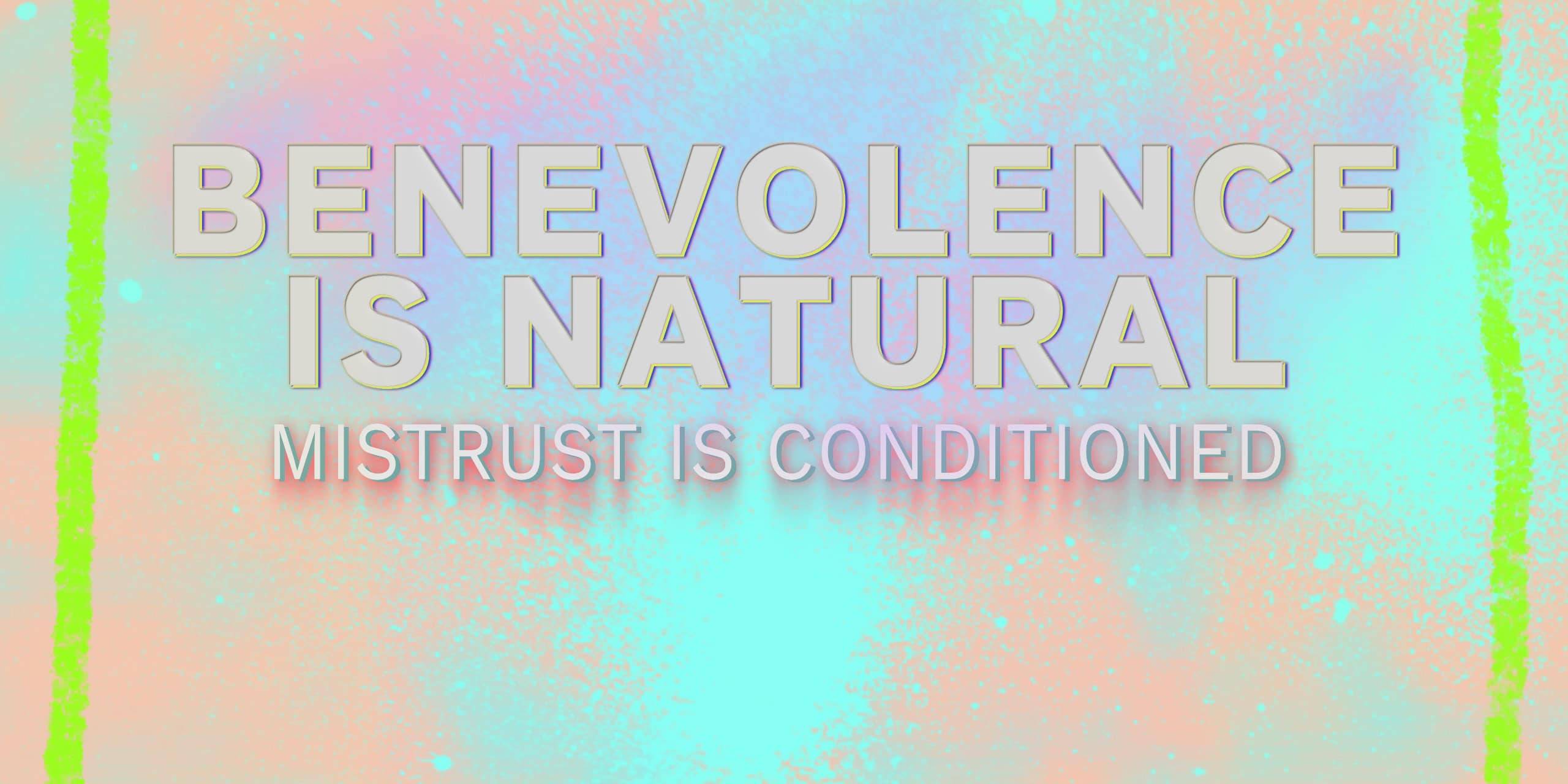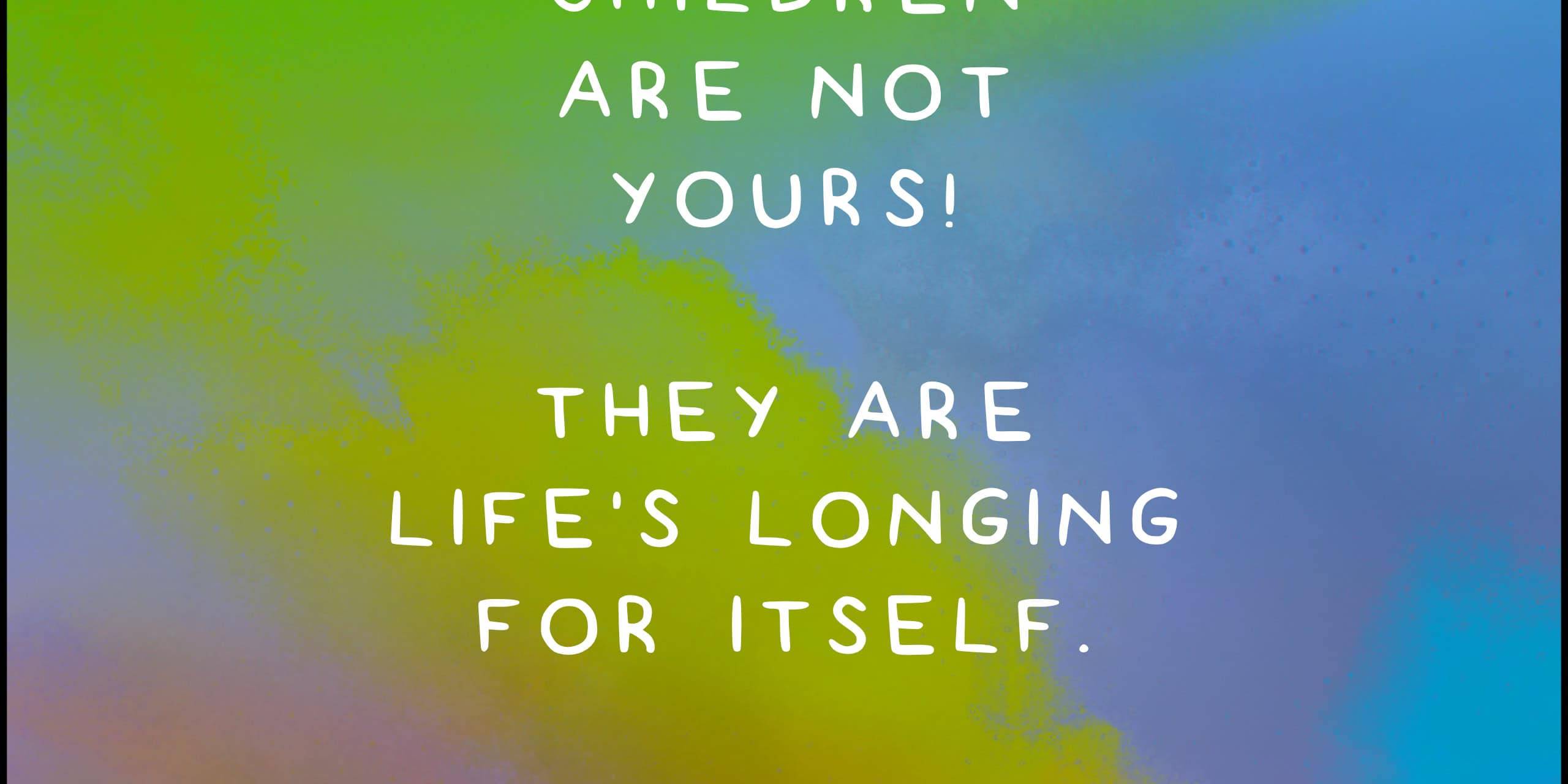You are emotional addicted and you don’t even know it
First, realizing we have an emotional addiction is difficult. It requires self-reflection and honesty, which are not easy for most of us.
This difficulty exists whether we understand what emotional addiction is or not. If we’re unaware, we might not even know where our struggles come from. If we are aware, accepting and addressing it, is still a hard task.
Second, admitting we have an emotional addiction is another tough step. It means confronting parts of ourselves that we’ve likely ignored or denied.
This self-awareness requires us to confront uncomfortable truths about our ‘self-created’ emotional entanglement and how they impact our lives.
Bluntly speaking, everyone of us experiences some level of emotional addiction.
We all have unresolved issues from our past that influence our present behavior.
They often stem from childhood. Experiences and emotions from our early years get carried into our adult lives, impacting how we act and relate to others.
Unresolved emotions dictate how we behave and form relationships. This creates a cycle of emotional entanglement—where we repeat the same emotional patterns and responses, over and over again.
This cycle is tough to break because it’s deeply ingrained and often operates subconsciously.
While it's easy to understand our longing for love, it's hard to grasp why we might also crave feelings of rejection, abandonment, neglect, and devaluation.
While it’s easy to understand our longing for love, it’s hard to grasp why we might also crave feelings of rejection, abandonment, neglect, and devaluation. Wanting to experience negative feelings seems irrational and twisted. It goes against the idea of wanting to be happy and loved.
Our early experiences and how we were treated shape our emotional expectations. If we were often rejected, neglected and so on, those feelings become familiar.
Even though painful, familiar emotions feel safer than the unknown. The known pain is more manageable than the uncertainty of new emotions.
We start to identify with these emotions. They become part of our self-image and how we understand ourselves.
Emotional addiction is a complex mix of past experiences, conditioned responses, and the human tendency to stick with the familiar, even if it’s painful. Understanding and breaking free from emotional addiction involves deep self-reflection and the challenging task of changing long-standing emotional patterns.
You may also like
Breaking the Loop: The Power of Owning Your Mistakes
We all mess up. Whether it’s snapping at someone we love,…
Underneath mistrust lies our greatest power
We can easily see that when a dog has been mistreated, it…
Children are not possessions
Children are not possessions. They are beings in their own…





